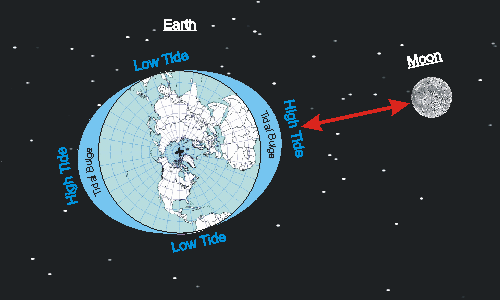PRICE IS FOR 1 INSTRUMENT. PLEASE CHOOSE WHICH MODEL YOU WANT WHEN ORDERING OR ORDER SEVERAL MATCHING INSTRUMENTS AND SAVE ON POSTAGE I WILL SHIP TOGETHER FOR ONLY A SMALL EXTRA ACTUAL POSTAGE CHARGE.
Features:
Corrosion-resistant ABS housing
Scratch-resistant acrylic lens
Dial diameter: 3.75"
Mounting hardware included
Weight: 6 oz.
Clock, Time & Tide and Tide Indicator require one “AA” battery (not incl.)
One year manufacturer’s warranty
RETURNS ACCEPTED
If you do not pay extra for tracking,your item will be shipped by small packet which does not have tracking. I will not be held responsible if the package does not arrive.If you do not agree to this I will not sell this to you.
Ontario Residents must pay 13% HST. NB, NWT, and NFLD, must pay 13% HST, BC pays 12% and NS must pay 15% HST. Rest of Canada pays 5% GST.
DIMENSIONS


|
|
||||
|
VEC-W-01 Quartz Clock
|
VEC-W-02 Time & Tide Indicator
|
|||
|
VEC-W-03
Thermometer
VEC-W-05
Tide Indicator
|
|
|||
